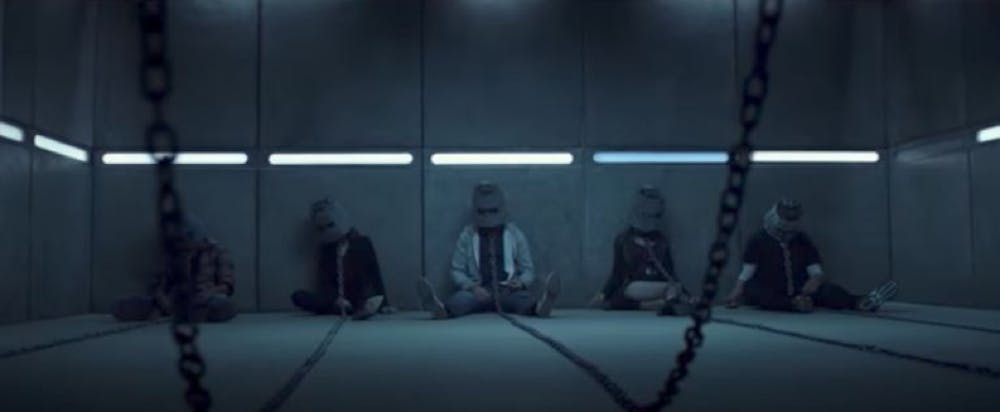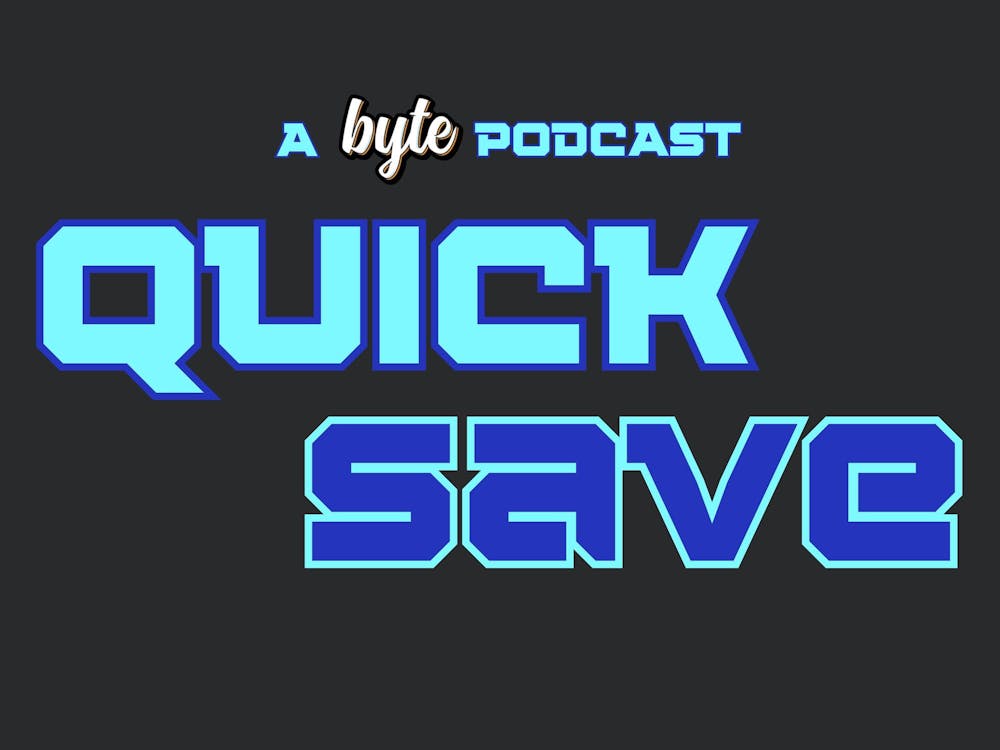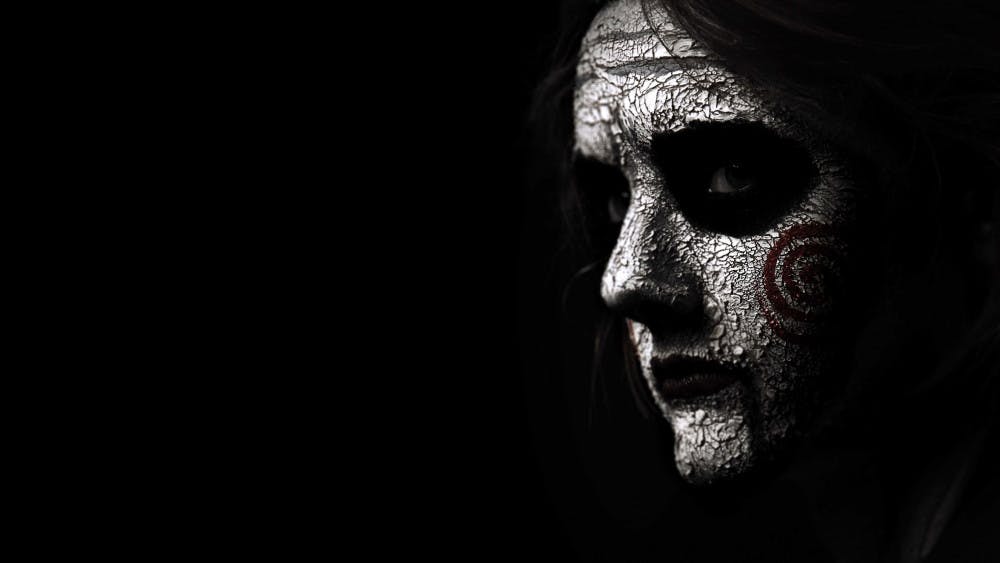by Evan Fischer The Saw franchise is a divisive one. The fans can’t decide which movies are worth watching, and the public often dismisses it based off the subject material. While most horror films often rely on cheap thrills and gruesome kills, the Saw franchise is a more story-focused series that follows a continuous plot. This is where Jigsaw separates itself from the rest of the series. While Jigsaw feels like a traditional Saw film, its new cast of characters and timeline change cut off most connection to the original series and make it feel like a tamer side of the same coin.
Sequel or reboot?
Although the first movie is recognized as an unexpected masterpiece, it is generally agreed that after the third movie the series took a turn for the dumb. With plot holes galore and a timeline that grew so convoluted it would put Christopher Nolan to shame, the series had become nearly inaccessible to newcomers. Luckily, Jigsaw remedies this problem by introducing a new cast of characters and only very loosely tying the plot to the originals. Neither a full reboot nor a sequel, Jigsaw strays away from the numbered series for good reason.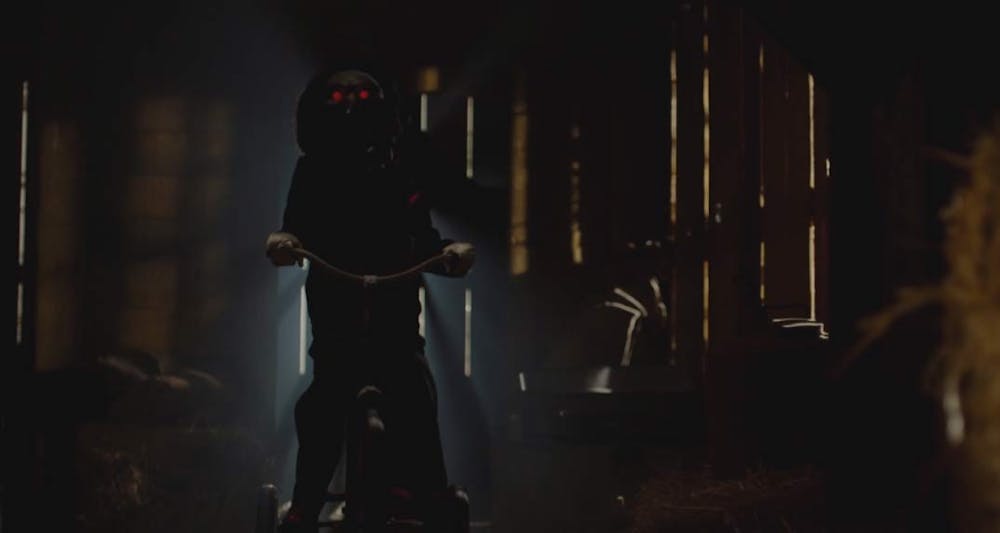
Plot and characters
A man running from the police ends up on a roof where he presses a switch, consequently activating “the game”. This is where Jigsaw begins along with the story of five seemingly unrelated hostages. The story, in true Saw fashion, is split into two different points of view: the traps and the detectives. With the Jigsaw Killer dead for over a decade, confusion strikes when the traps begin again accompanied by tape recorders with his voice on them. A detective joins forces with a coroner to decipher where this game is taking place and how the victims of the game died. While the characters in these scenes are interesting and generally likable, their work feels fairly redundant as they analyze the bodies of the victims we actively see die. While it makes sense to add these scenes in the end, it doesn’t change the fact that they drag. Luckily the payoff for this plotline is worth it in the end as it comes to a thrilling conclusion.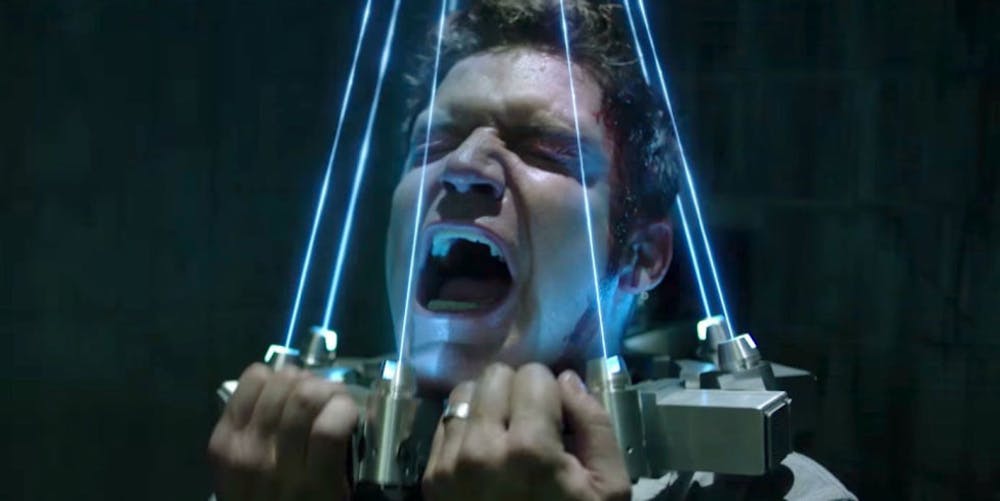
The traps
Often the first thing people think of when the series is mentioned, the traps are arguably what made the franchise so big in the first place, and unfortunately they have been made much easier to watch. As the titular Jigsaw Killer is known to do, a group of men and women are kidnapped and placed in a room together where they will inevitably have to mutilate themselves to escape. The glaring issue regarding these traps is how tame they are compared to the rest of the series. The new traps feel much more consumer friendly than the visceral, gut-wrenching twists and breaks of the past films, opting to replace these with clean slices and internal brutality. Yet as tame as the traps are this time around, they are as creative as ever. Futuristic lasers and Mission Impossible-esque sequences make these traps some of the most memorable in the series.Was it a story worth telling?
